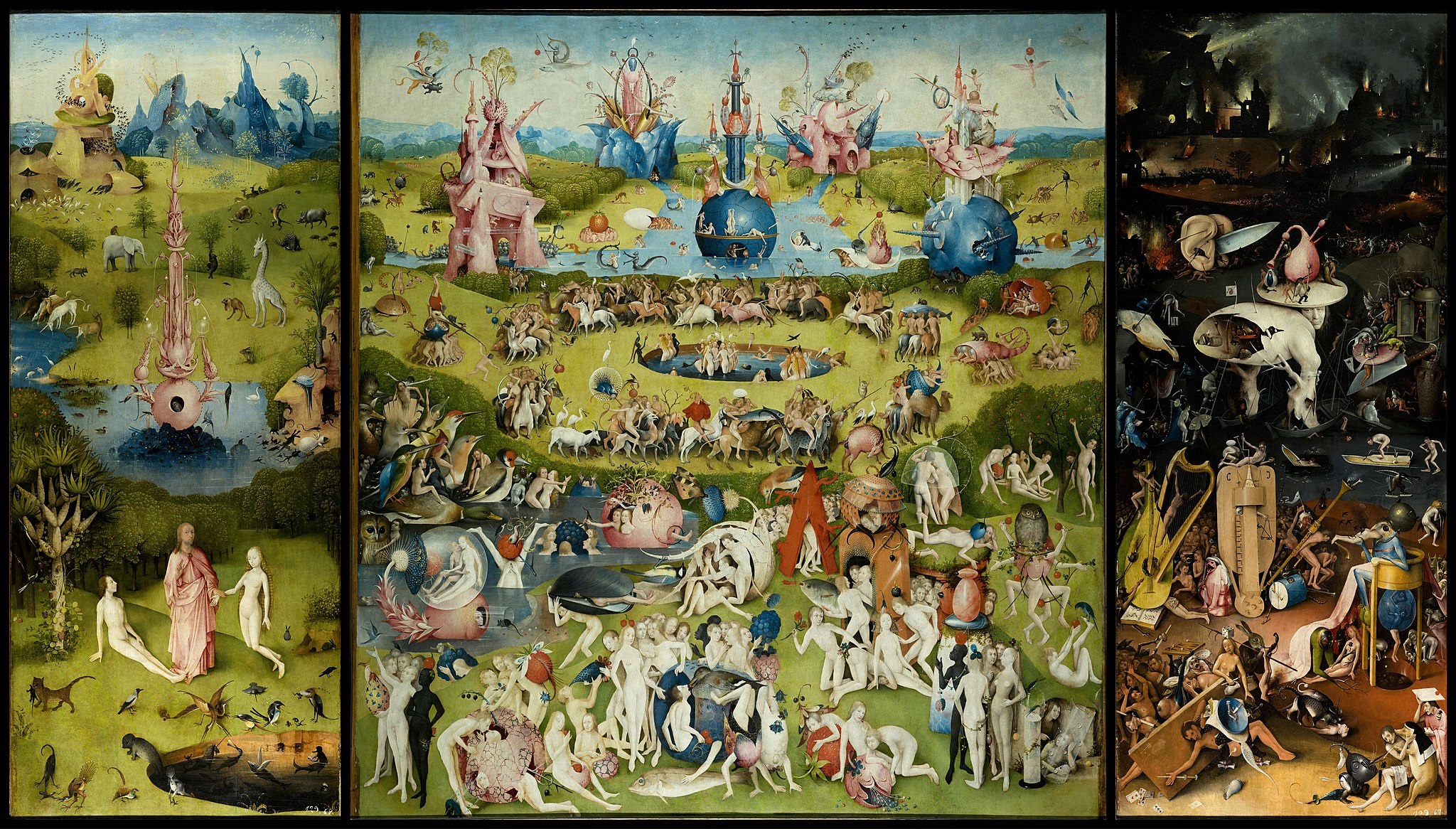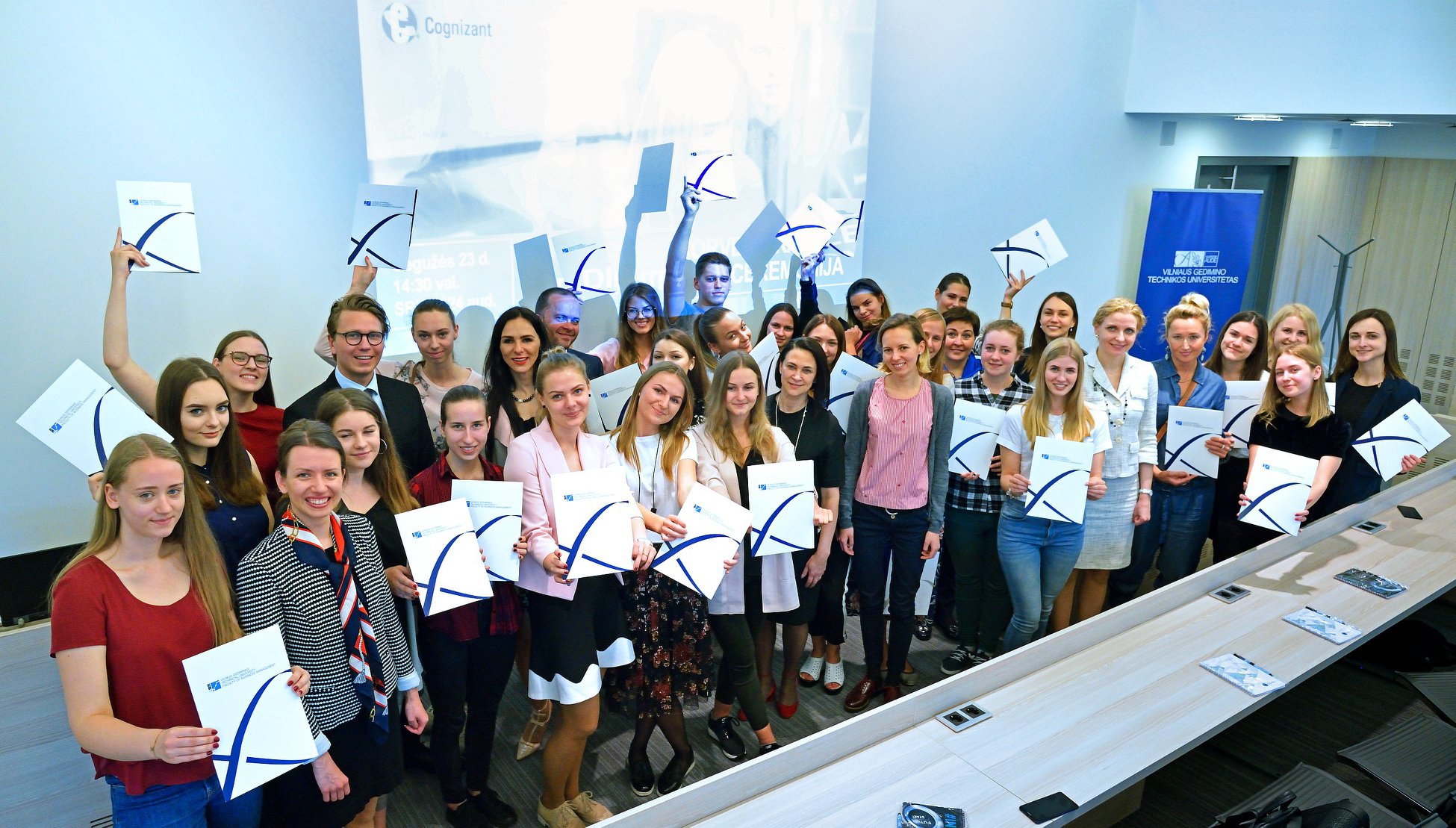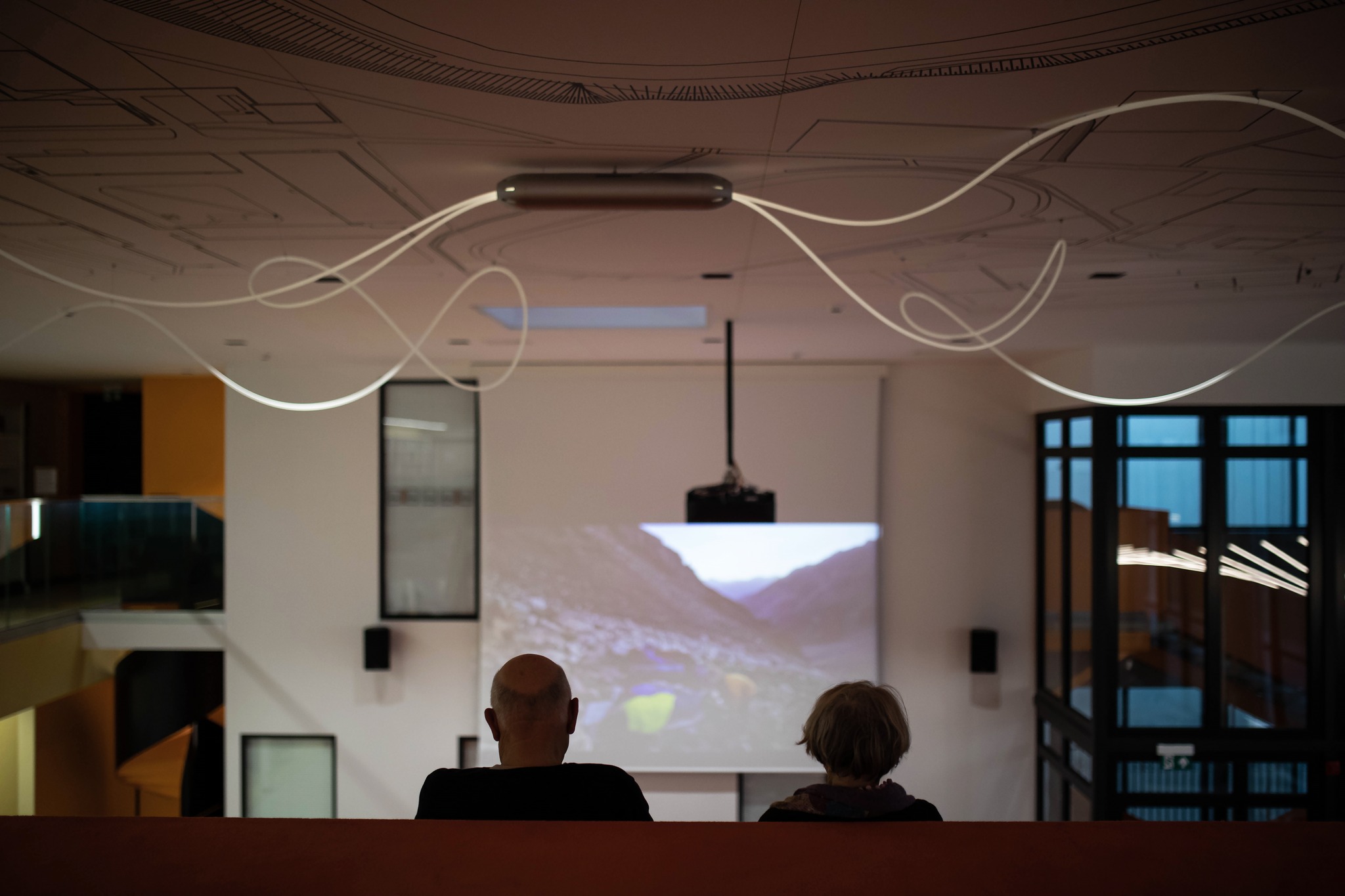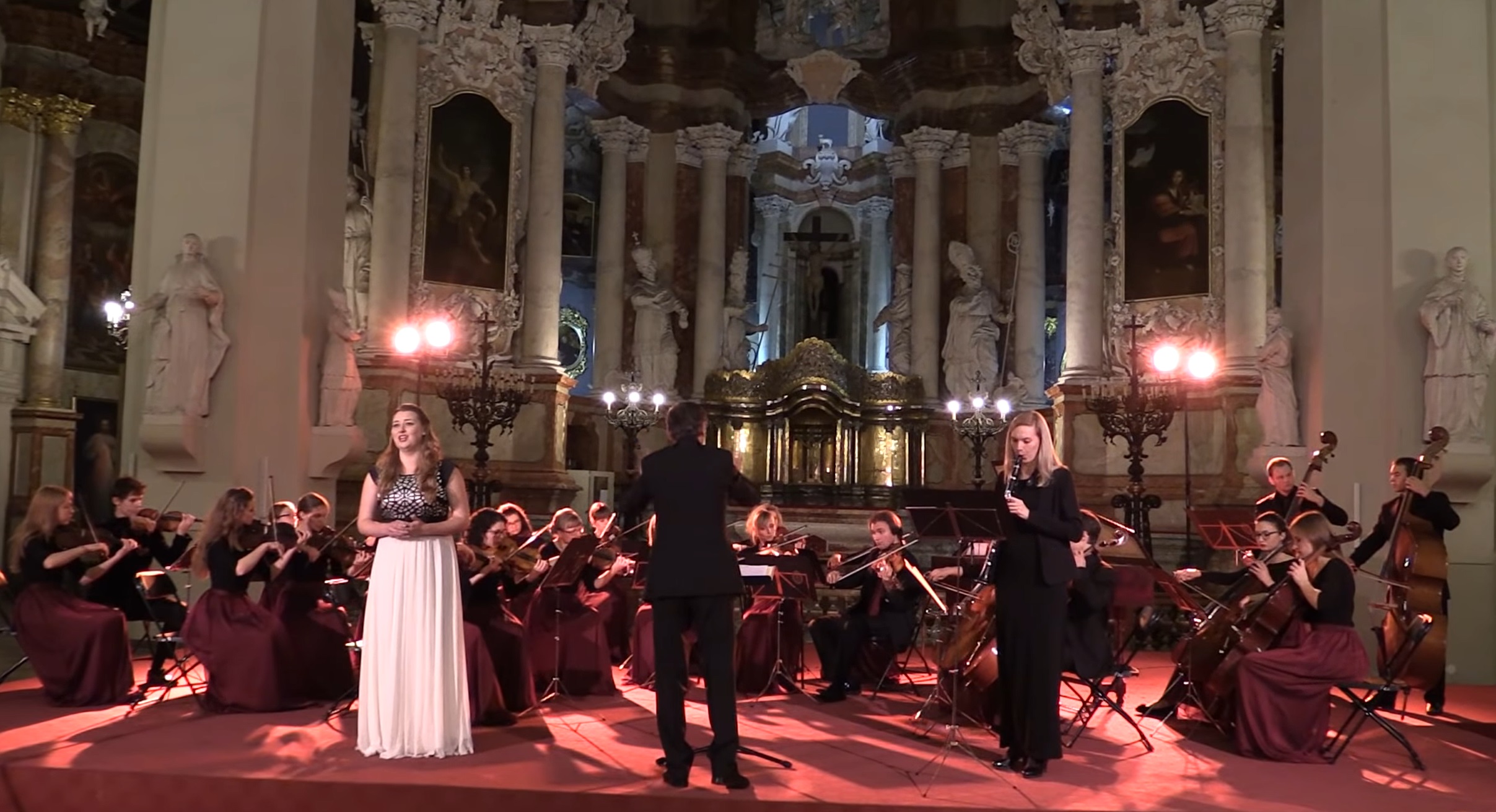Tag Archives: Sunday
- Home
- Posts tagged "Sunday" (Page 2)

A melange of wine research
United States Food & Drug Administration | Distilled Spirits
— Dr. Maya C. Popa (@MayaCPopa) May 26, 2023
https://www.facebook.com/groups/1089237785165822/permalink/1515826392506957/
Wine consumption in the US is higher on the coasts. Source: https://t.co/iXiIdQ6kAW pic.twitter.com/eTw3KjaTxn
— Simon Kuestenmacher (@simongerman600) January 9, 2025
Reflections / John Nash
“Non-Cooperative Games” 1951 | John Nash
John Nash’s Recommendation Letter for Princeton University pic.twitter.com/k9TCftyfGs
— Math Files (@Math_files) January 16, 2026
Carmelite Monks of Wyoming Monastery
This content is accessible to paid subscribers. To view it please enter your password below or send mike@standardsmichigan.com a request for subscription details.
Crisp, Cinnamony Waffles & Nitro Cold Brew
Boston University Financial Position 2023: $8.3B | Campus Planning & Operations
Like many educational settlements in the United States, the original inspiration for the 1839 founding of Boston University by the Newbury Biblical Institute of the Methodist Episcopal Church was to train ministers. In 1867, it relocated to Boston, Massachusetts, becoming the Boston Theological School. By 1869, under the leadership of founders Isaac Rich, Lee Claflin, and Jacob Sleeper, it transformed into Boston University, expanding beyond theology to a broader liberal arts curriculum.
By 1869, under the leadership of founders Isaac Rich, Lee Claflin, and Jacob Sleeper, it transformed into Boston University which, in the fullness of time, morphed into a liberal arts settlement that supported Howard Zinn; inspiring student Alexandria Ocasio-Cortez among others.
Despite the historical body count of Marxist-Leninist governance regimes, knowledge workers generally, and at Boston University specifically, confound the claim to Christian roots. (Reference Sir Roger Scruton: “Why Intellectuals are Mostly Left”)
BU Today: Our occasional series picks up with your morning pick-me-up
Related:
University Church Live Stream
Celebrate the Feast of St. Anthony with the Bronx! Join Our Lady of Mt. Carmel Church in their festivities going on now through the 9th, at 187th St & Arthur Avenue.
It’s open to the public from 12 p.m. to 7 p.m., Saturday and Sunday. pic.twitter.com/hUY3L9DYnL
— Fordham CM (@FordhamCM) June 8, 2024
Wishing you all a Happy Thanksgiving, from all of us at Fordham! 🧡 🐏
—#Thanksgiving #Fordham #HolidaySeason pic.twitter.com/LYuiFHeINx— Fordham University (@FordhamNYC) November 28, 2024
“O God Beyond All Praising”
Northern Kentucky University officials broke ground on an expansion of the Dorothy Westerman Herrmann Science Center in a ceremony at the Highland Heights campus on Thursday.https://t.co/Qecc3Lfutt#NorseUp pic.twitter.com/ggVpoIAxLa
— Northern Kentucky University (@nkuedu) October 31, 2024
Empowering educators, inspiring futures 📚✏️
At NKU, we’re proud to empower future teachers with the skills, knowledge, and passion they need to change lives—one student at a time. https://t.co/WetocNWJgq#NorseUp #FutureTeachersOfAmericaDay pic.twitter.com/BKiOCRvZxi
— Northern Kentucky University (@nkuedu) November 20, 2024
‘O God Beyond All Praising’ was sung at Winston Churchill’s funeral on January 30, 1965, to the tune Thaxted by Gustav Holst. The hymn, with lyrics by Michael Perry, uses the same melody as ‘I Vow to Thee, My Country’, which was also associated with Churchill’s funeral, contributing to its patriotic resonance.
J.D. Vance Speech to NATO | Europe is Falling Apart (Victor Davis Hanson)
Strawberry Shortcake
Standards Indiana | Strawberry Shortcake Balloon 2014
Indiana University Net Position 2024: $5.448B (Page 28)
The Strawberry Shortcake Luncheon is an IU tradition that dates to 1947 when doctors & nurses would gather to enjoy a sweet treat + celebrate our health care professionals. 🍓🏥
Now, @IUMedSchool is gathering virtually & we have the recipe: https://t.co/8orIWh0pxi pic.twitter.com/4FGX1HLO84
— Indiana University (@IndianaUniv) May 20, 2020
New update alert! The 2022 update to the Trademark Assignment Dataset is now available online. Find 1.29 million trademark assignments, involving 2.28 million unique trademark properties issued by the USPTO between March 1952 and January 2023: https://t.co/njrDAbSpwB pic.twitter.com/GkAXrHoQ9T
— USPTO (@uspto) July 13, 2023
Standards Michigan Group, LLC
2723 South State Street | Suite 150
Ann Arbor, MI 48104 USA
888-746-3670

























